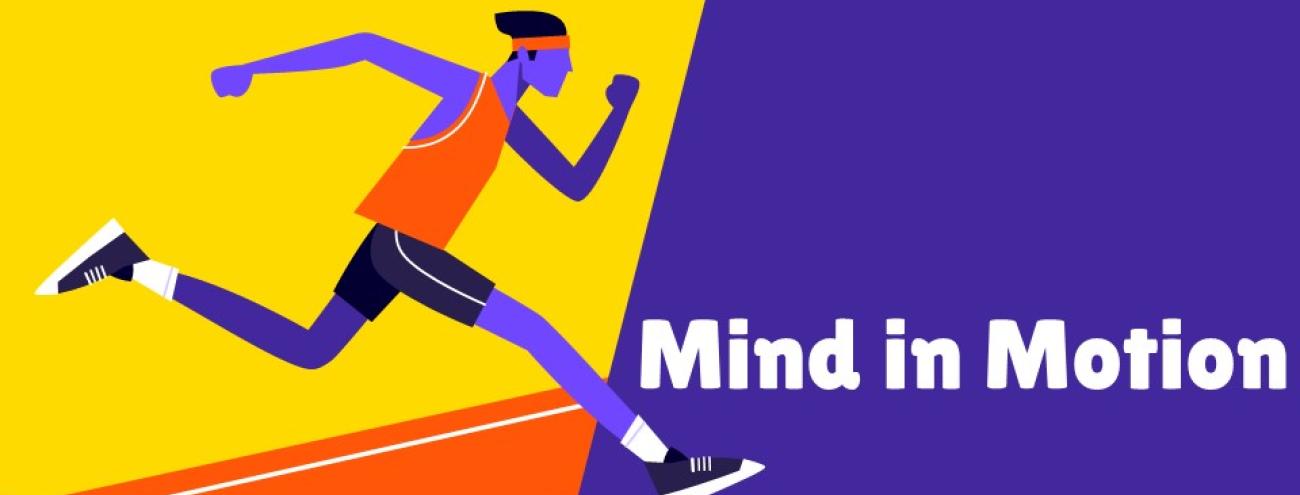
Mind In Motion: Developing an exercise referral pathway for students seeking help for depression
The pilot supplements UBC’s mental health services for students by providing more accessible stress management and coping programs through exercise.
Project Team
Dr. Guy Faulkner, Professor, School of Kinesiology
Dr. Lauren McBride, Ed.D., Associate Director, Clinical Services
Dr. Madelaine Gierc, Postdoctoral Fellow, School of Kinesiology
Depression is a common chronic health condition, with up to 70% of students on Canadian university campuses reporting symptoms. In addition to its impact on health and well-being, symptoms can affect academic performance. Depressive symptoms are the one of the top reasons for seeking mental health services. However, mental health services are struggling to cope with demand: the median wait time for non-urgent psychiatric treatment in Canada is 16 weeks (one academic term).
Research suggests that physical exercise could be an effective alternative for some students. In 2016, the Canadian Network for Mood and Anxiety Treatments (CANMAT) identified exercise as a first-line monotherapy for mild-moderate depression.1 However, implementation and access to exercise-based treatment remains limited.
Mind in Motion is a physical activity and mental health collaboration that will pilot an individualized exercise program as a treatment option for students experiencing depressive symptoms. It is part of new efforts to expand UBC's mental health services, with the goal of providing tailored and accessible care for students.
After their initial assessment with UBC Student Counselling, eligible and interested students will be referred to an exercise-based treatment program provided through the UBC School of Kinesiology. Each student will be supported by a fourth-year Kinesiology student under the supervision of a Certified Exercise Physiologist. Prior to working with clients, Kinesiology students will receive in-depth training in exercise, depression, and ethical mental care. The program will be coordinated by Clinical Services and Kinesiology, and evaluated by the Population Physical Activity Lab to inform improvements.
Mind in Motion expands the mental health services on UBC’s campus to provide a timely, effective, and personalized treatment for depression through exercise, while creating a unique work-integrated learning experiences to improve the mental health literacy and skills of Kinesiology students. Stigma against mental illness presents a significant barrier to seeking help, which does not extend to physical activity in the same way as conventional treatments. By providing a safe and inclusive space to receive treatment, connect with peers and health providers, and to work on physical and mental health, the Mind in Motion pilot hopes to reach a broader range of students than conventional treatment programs. Lessons learned from this pilot will help improve community-based referral and treatment pathways for mental health at UBC and other universities.
Watch the project in action






